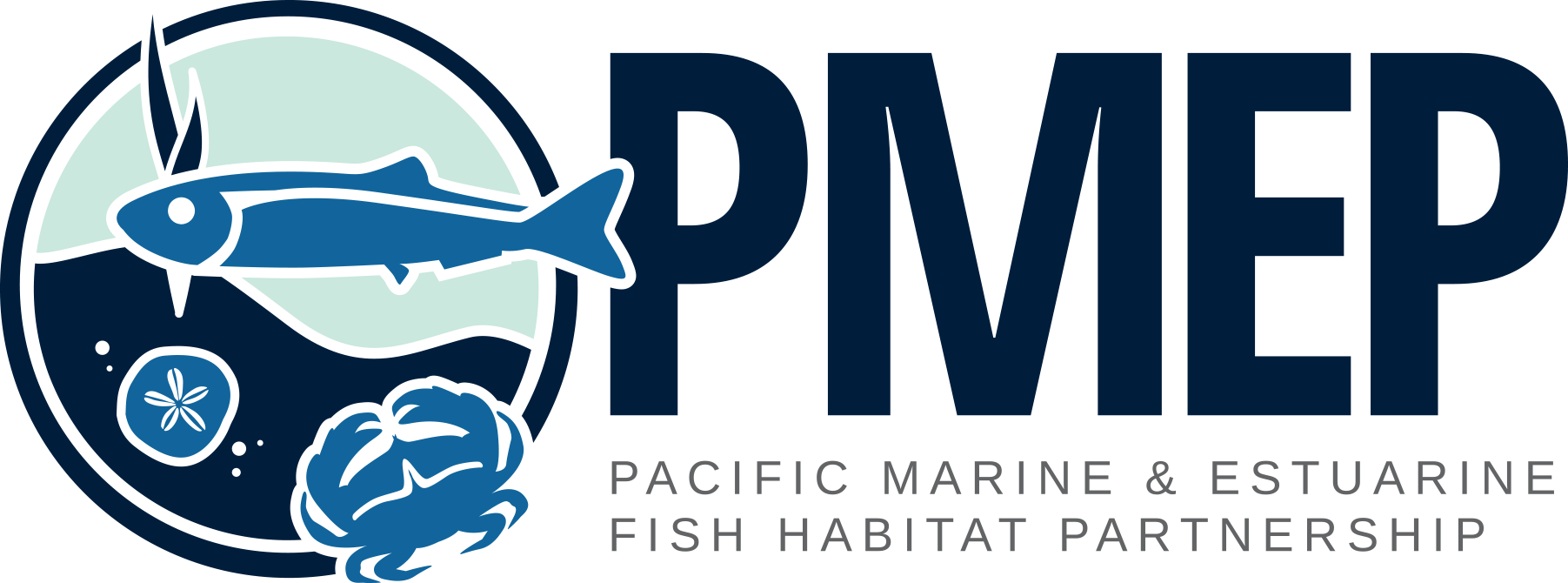PMEP welcomes Joan Drinkwin of Natural Resource Consultants as the new PMEP Coordinator. Joan specializes in designing and implementing strategic conservation programs and projects. She is an experienced coordinator with over 10 years of experience in the non-profit sector as programs director and executive director. She regularly coordinates committees, facilitates meetings, and organizes effective gatherings of stakeholders and scientific experts. She is a recognized leader in the field of abandoned, lost and discarded fishing gear and is regularly called on for consultation from practitioners worldwide as well as Intergovernmental Organizations (FAO, IWC).
Joan has managed on-the-ground nearshore restoration projects as well as developed and directed strategic restoration programs. She has developed invasive species management plans, organizational strategic plans and communications plans. She has extensive grant acquisition and development experience. Prior to joining NRC, Joan was Programs Director (and Interim Director) for the Northwest Straits Marine Conservation Foundation, where she managed the Northwest Straits Initiative’s internationally recognized Derelict Fishing Gear Program. Joan has worked extensively throughout the Salish Sea region on marine conservation policy and on-the-ground and in-the-water projects. She brings strong communications and development skills to all her projects and is deft at communicating scientific information to lay audiences both in writing and speaking.
You can reach Joan at info@pacificfishhabitat.org.
